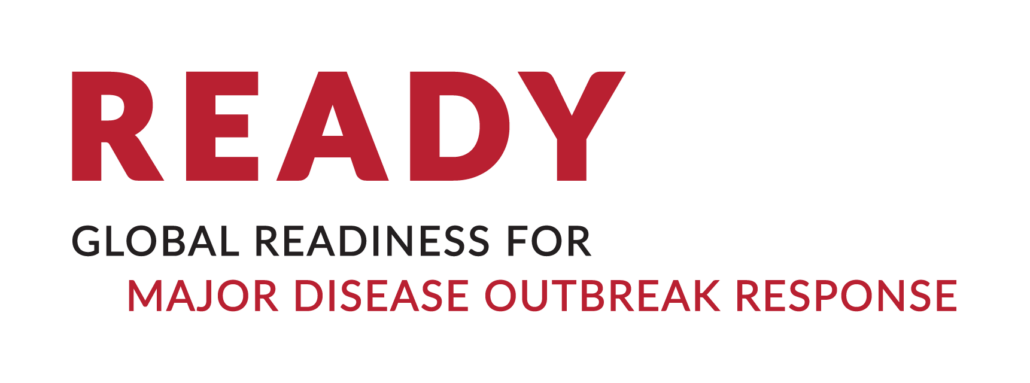Salud Mental y Apoyo Psicosocial para COVID-19
Featuring: Dr. Ron Waldman, George Washington University; Dr. Peter Ventevogel, UNHCR; Dr. Fahmy Hanna, WHO; Dr. Florence Baingana; Deborah Magdalena, MHPSS Working Group; Mahmuda Mahmuda, UNHCR Cox’s Bazar || Theme: How MHPSS issues in COVID-19 pandemic settings can be addressed, with field examples from COVID-19 and Ebola outbreaks.
“Mental Health and Psychosocial Support for COVID-10,” the fourth webinar in the COVID-19 and Humanitarian Settings weekly series, took place yesterday (Wednesday, April 22, 2020).
The webinar recording is now available:
Discussion topics will be posted in READY’s community discussion forum.
The COVID-19 pandemic and related public health measures have profound effects on the mental health and emotional well-being of people all over the world. In humanitarian settings, the pandemic leads to increased demand for mental health and psychosocial support (MHPSS) interventions, and strains existing MHPSS programming. In this webinar, Drs. Peter Ventevogel, Fahmy Hanna, and Florence Baingana explore how MHPSS issues in pandemic settings can be addressed, drawing upon field examples from COVID-19 and past outbreaks, including the West Africa Ebola epidemic.
Moderator: Dr. Ron Waldman, Professor, George Washington University Milken Institute School of Public Health
Expert Speakers:
- Dr. Peter Ventevogel, Senior Mental Health Officer, Public Health Section, Division of Resilience and Solutions, UNHCR
- Dr. Fahmy Hanna, Technical Officer, Department of Mental Health and Substance Abuse, WHO
- Dr. Florence Baingana, Technical Consultant, Mental Health Policy, Planning and Programming
With field experience from:
- Deborah Magdalena, Coordinator Mental Health and Psychosocial Support Working Group, Maiduguri, Nigeria
- Mahmuda Mahmuda Assistant Psychosocial & Mental Health Officer, UNHCR Cox’s Bazar, Bangladesh


Este sitio web es posible gracias al generoso apoyo del pueblo estadounidense a través de la Agencia de los Estados Unidos para el Desarrollo Internacional (USAID). READY está dirigido por Save the Children en asociación con el Centro Johns Hopkins para la Salud Humanitaria, el Centro Johns Hopkins para Programas de Comunicación, UK-Med, EcoHealth Alliance y Mercy Malaysia. Los contenidos del sitio son responsabilidad de READY y no reflejan necesariamente las opiniones de USAID o del gobierno de los Estados Unidos.

